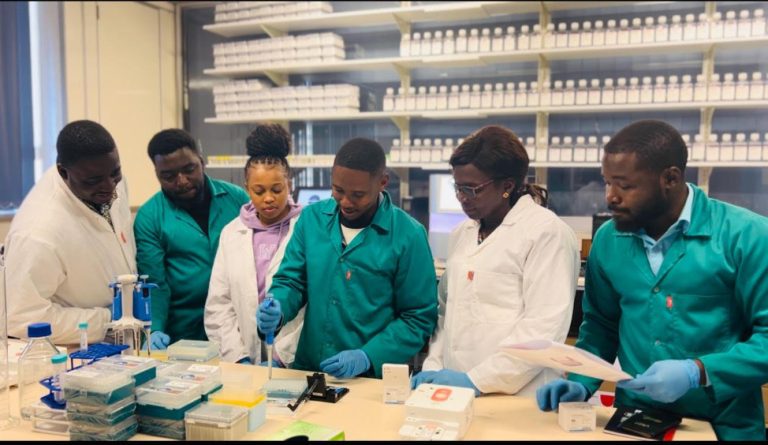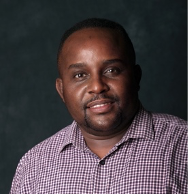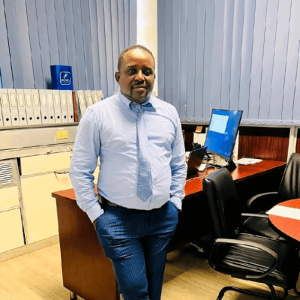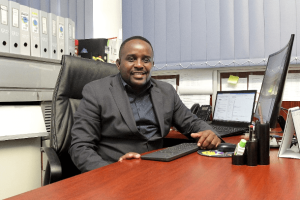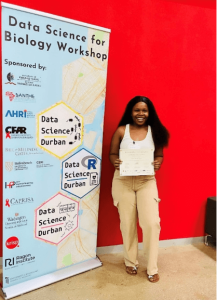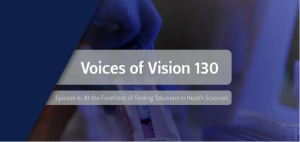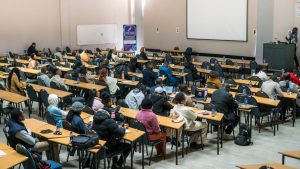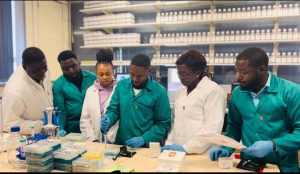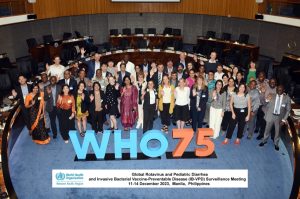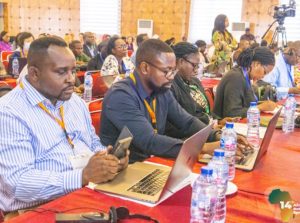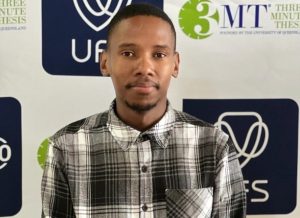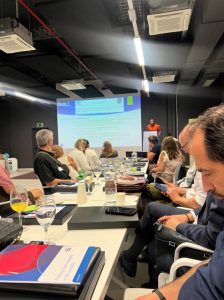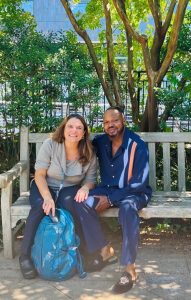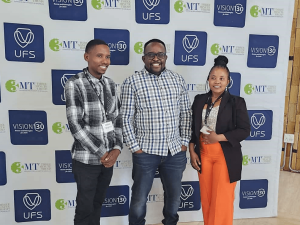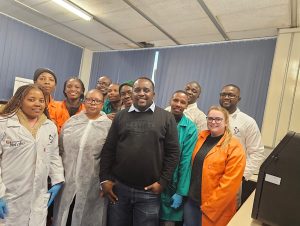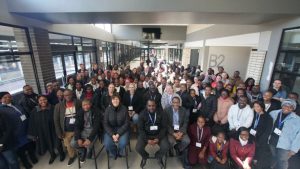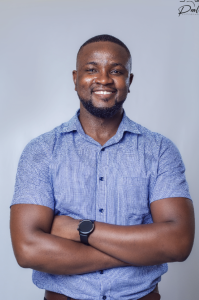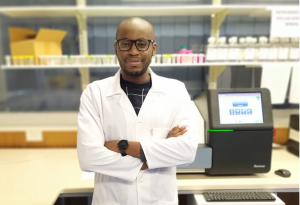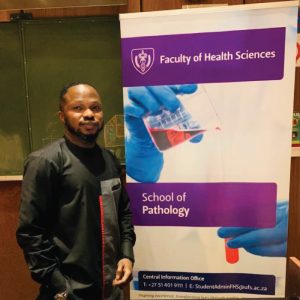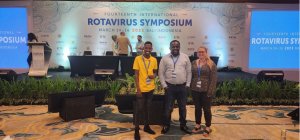Introduction
The University of Free State’s Next Generation Sequencing Unit is proud to have hosted a comprehensive training program for students (1 MSc student and 3 PhD students) from across Africa, including Kenya, Malawi, Ghana, and the Central Africa Republic. This innovative program aimed to empower the next generation of scientists with hands-on experience in cutting-edge sequencing technologies, enabling them to tackle complex genomic challenges in their respective fields. The training program covered aspects such as metagenomic sequencing of enteric viruses such as sapovirus, norovirus and rotavirus using the UFS-NGS Unit optimized protocol and sequenced using a P1 flow cell on the Illumina NextSeq 2000 platform. The delegates expressed their enthusiasm for the knowledge and skills garnered.
Article
The University of the Free State’s Next Generation Sequencing (UFS-NGS) Unit recently concluded a successful training program designed to equip the next generation of African scientists with advanced genomic research skills. The program brought together one MSc student and three PhD students from Malawi, Ghana, and the Central African Republic to provide hands-on experience in cutting-edge sequencing technologies.
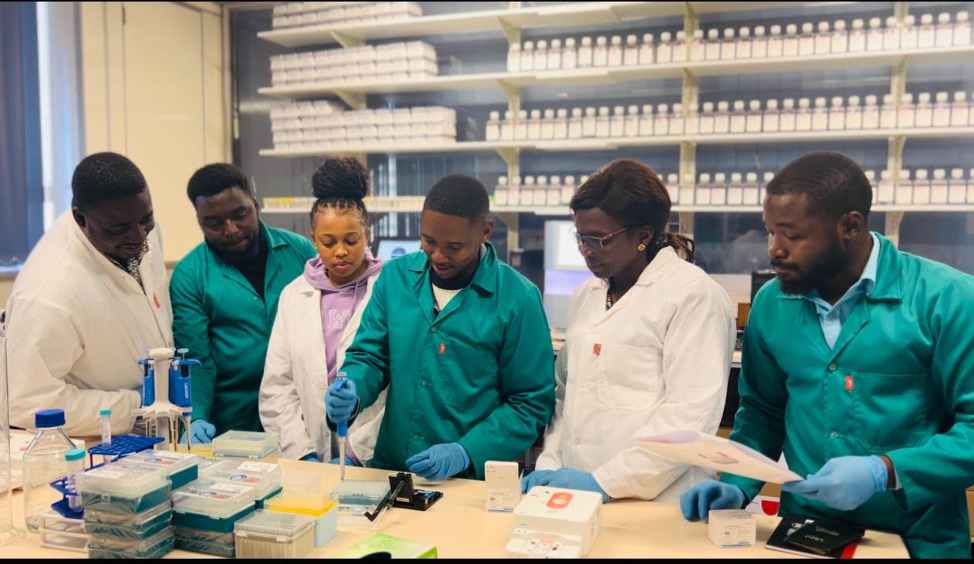
The training focused on metagenomic sequencing of enteric viruses, including sapovirus, norovirus, and rotavirus. Participants were immersed in the UFS-NGS Unit’s optimized protocol and gained practical experience using the Illumina NextSeq2000 platform with a P1 flow cell. This comprehensive curriculum covered all aspects of the sequencing process, from sample preparation, library preparation, sequencing to data analysis.
The program aimed to empower these young scientists to address complex genomic challenges prevalent in their home countries. By mastering these advanced techniques, they will be better equipped to conduct groundbreaking research, contribute to public health initiatives, and drive innovation in their respective fields.
The delegates expressed their enthusiasm for the training, highlighting the invaluable knowledge and skills acquired during the program. The UFS-NGS Unit is committed to fostering scientific collaboration and capacity building across Africa, and this training program is a testament to this commitment.
“We are passionate about capacity development in NGS technologies and thus these initiatives are aimed at distributing the expertise within the UFS-NGS Unit in and outside South Africa. Being a WHO collaborating centre and a reference laboratory entails that we partake in surveillance of pathogens of endemic and pandemic potential for the WHO and SACEV (Sequencing and Antigenic Cartography of Enteric Viruses) member countries and other collaborating partners. With such trainings, standardisation and validation of NGS related protocols becomes an easier task to accomplish,” said the Program lead, Prof. Martin M. Nyaga.
By investing in the development of young African scientists, the UFS-NGS Unit is making a significant contribution to the continent’s scientific advancement and its ability to address critical health challenges. This program was made possible through the SACEV funding from the Bill and Melinda Gates Foundation and from the WHO.
Written by: Mr. Kennedy Chibesa and Dr. Emmanuel Ogunbayo
Edited by: Prof. Martin Nyaga


